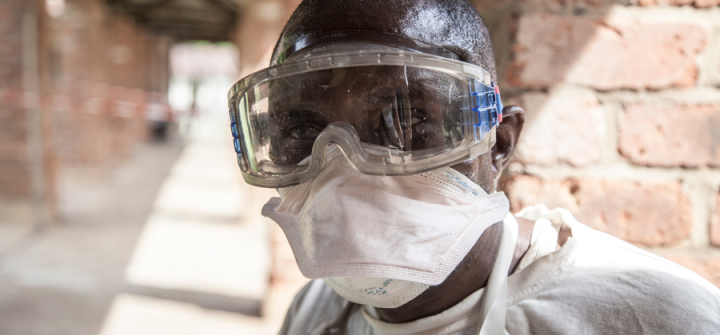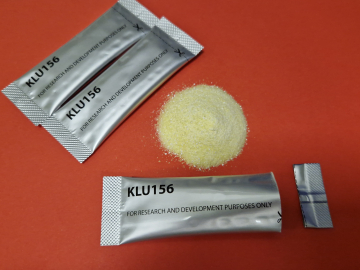DRC’s Ebola Outbreak Not An International Emergency—Yet, Says WHO
The WHO decided Friday that the latest Ebola outbreak is not an international emergency, even as the organization ramped up its response and worries grew as the first confirmed case appeared in a major city in the Democratic Republic of the Congo.
The emergency committee still urged the DRC government, the WHO, and their partners to “remain engaged in a vigorous response because without that the situation is likely to deteriorate significantly,” said Robert Steffen, the committee’s chair.
45 cases, including 25 deaths, have been reported in DRC since April 4, Steffen said. 14 cases have been confirmed as Ebola. Almost all the infected individuals are in the Bikoro health zone in northwestern DRC. The responders have been forced to set up an expensive helicopter “air bridge” to rush supplies to the remote area.
A confirmed case in the city of Mbandaka raised worries for 2 reasons: There are 1.2 million people in the city, and the Congo River—called a “highway” for the entire region—borders the city’s western edge.
The WHO and DRC government are following a ring vaccination strategy using the experimental Ebola vaccine to immunize more than 500 contacts of infected individuals and the contacts of the contacts. More than 4,000 doses of the vaccine were sent to DRC in an initial shipment, and a second delivery was scheduled for Friday. An estimated 8,000-10,000 people are expected to be vaccinated in the first phase.
WHO Director-General Tedros Adhanom Ghebreyesus, who visited Bikoro on May 13, signed off on the emergency committee’s recommendation to not declare a Public Health Emergency of International Concern. The declaration would have triggered a larger international response and more funds but likely also a raft of unintended consequences such as travels bans that the WHO desperately wants to avoid.
“We are really encouraged by what we have seen on the ground,” Tedros said during an afternoon press conference in Geneva. He cited the coordinated government response with partners, community health workers going house to house in affected areas and a mobile laboratory that’s been deployed.
WHO has requested $26 million in support for outbreak response and has already secured nearly $9 million, Tedros said.
WHO leaders were likely tempted to overcompensate in responding to the current outbreak after the organization was lambasted in 2014 for a plodding, ineffective initial response to West Africa’s Ebola crisis.
Tedros’s visit to DRC within days of the announcement of the first case signaled WHO’s determination to demonstrate its focus on Ebola and the organization’s resolve not to fall behind the virus a second time. The trip with other WHO officials positioned Tedros as a hands-on leader during a crisis who is connected with frontline health workers.
“The health professionals we met in Bikoro were worried about us. They thought we would catch Ebola, and they didn’t expect that we would be there,” Tedros recalled. “One thing we said to them is, ‘You shouldn’t be worried about our life because you are here every single day. And you’re in the front line.’”
“We were really moved and touched because they were not caring about their life. They were caring about our life,” Tedros said.
WHO’s response to the outbreak comes at a critical time for Tedros—just a week before the 71st World Health Assembly, which serves as the decision-making body for the WHO. This year the Assembly will consider the 13th General Programme of Work, a 5-year strategic plan proposed by Tedros and his team. The assembly will be Tedros’s first as Director-General.
Want to share a #WHA71 tip or a story idea? Want to connect with GHN editor-in-chief Brian Simpson in Geneva? Please be in touch.
Join the tens of thousands of subscribers who rely on Global Health NOW summaries and exclusive articles for the latest public health news. Sign up for our free weekday enewsletter, and please share the link with friends and colleagues: Subscribe to GHN
A health worker at Bikoro Hospital, DRC readies to confront Ebola. (Image: ©UNICEF/UN0209049/Naftalin)





